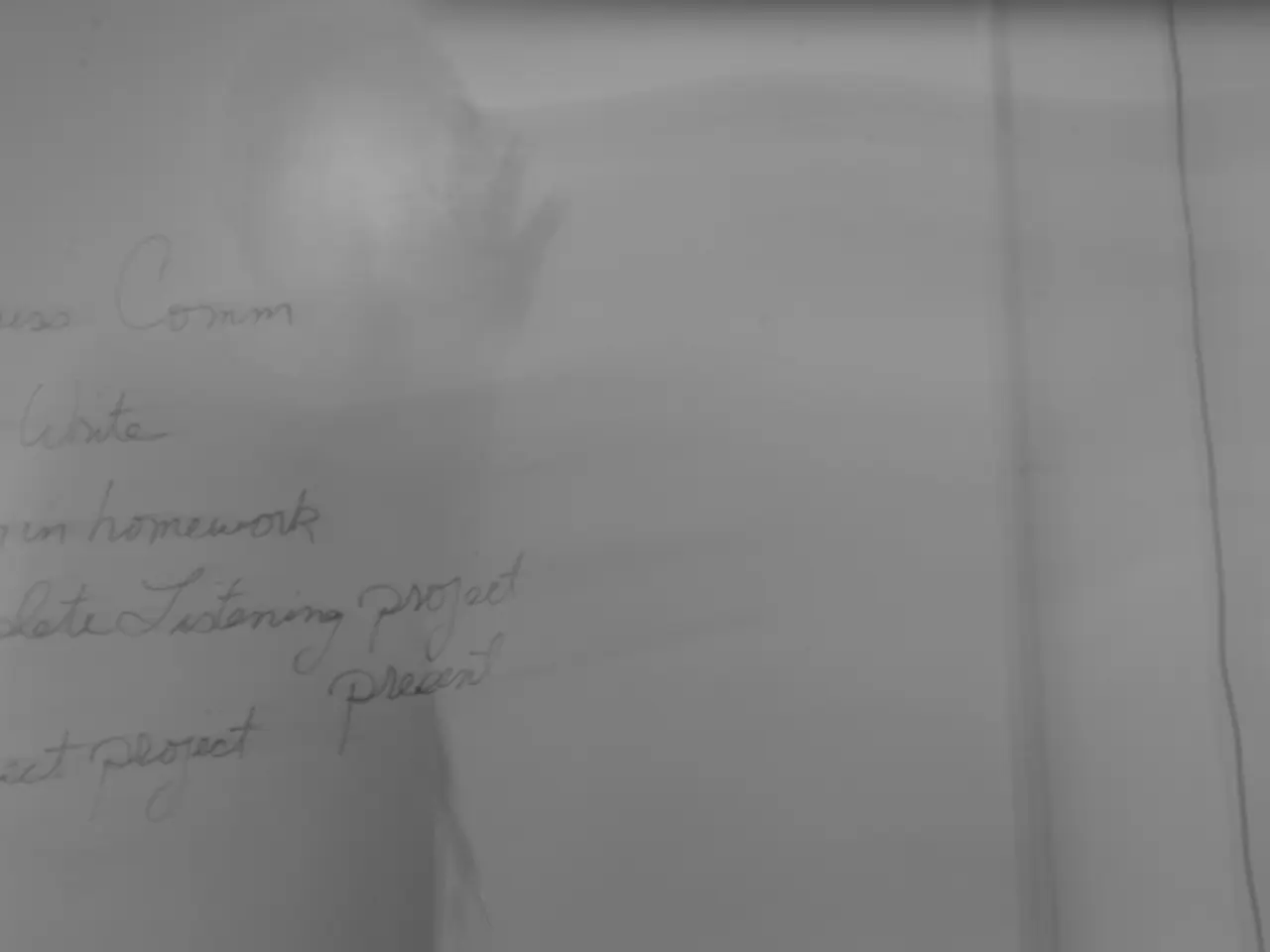Overcoming Self-Doubt in Your Writing: A Step-by-Step Guide
In the world of writing, confidence can sometimes be elusive, especially for those facing common challenges such as a lack of effort, knowledge, or self-awareness. However, by adopting a few strategic approaches, writers can overcome these hurdles and cultivate the confidence needed to create their best work.
One of the key strategies is addressing the lack of effort by developing a writing habit. Treat writing as a skill to hone with regular practice, rather than waiting for perfect inspiration or ability. Start small and build gradually to create momentum and reduce the pressure to write perfectly on the first try.
Overcoming a lack of knowledge requires continuous learning and experimentation. Acknowledge that improvement comes from refining your approach and don't be afraid to embrace drafts that are initially imperfect. Outline your ideas to give your work structure, but allow flexibility to refine your approach as you learn.
Managing conflicting advice is another crucial aspect. Writers often encounter contradictory recommendations. To navigate this, be selective in what advice you apply and don't abandon your core story or style based on others’ opinions. Cultivating self-trust is key to avoid being paralyzed by external input.
Reducing the need for validation is also essential. Accept that not everyone will resonate with your writing, and that's normal. Remind yourself why you write (e.g., self-expression, inspiring others). Seek feedback from trusted, small audiences initially to build confidence before broader sharing.
Improving self-awareness through reflection and root cause analysis is another important step. Identify specific reasons why you might feel stuck or insecure, such as fear of failure, perfectionism, or emotional barriers. Understanding your internal blocks enables targeted strategies like managing expectations, pursuing routines, or emotional regulation techniques.
Katie McCoach, a freelance developmental book editor and member of both the Romance Writers of America and the Editorial Freelancers Association, offers valuable insights for writers. She works with authors of all levels to help them create their best story possible. Katie has had essays published in TrainWrite and Kalliope and is currently writing a contemporary romance novel.
Knowing what readers connect with in a writer's work can help build confidence in what they can deliver. For more articles on writing, visit Katie's blog. By following these strategies and staying committed to their craft, writers can build the confidence they need to tell their unique stories.
Beta readers can provide valuable feedback on the first draft of a writer's work, helping to identify areas that need improvement and offering insights into what resonates with readers. Continuous learning, through education-and-self-development and career-development resources, can equip writers with the knowledge they require to refine their craft and boost their confidence.




